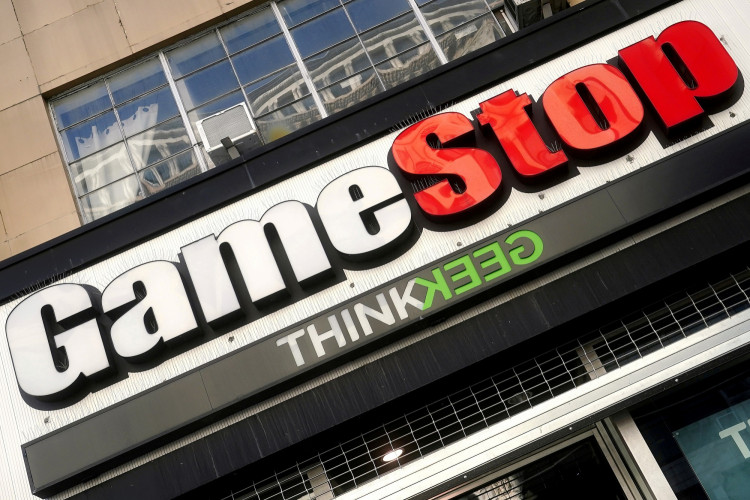GameStop has capitalized on the renewed fervor surrounding meme stocks, successfully raising over $2 billion through an equity offering. The video game retailer announced on Tuesday evening that it had completed an at-the-market equity offering, selling 75 million shares, the maximum allowed, and raising $2.14 billion in the process.
This strategic move comes as the company looks to bolster its financial standing amidst a backdrop of volatile trading influenced by the resurgence of Roaring Kitty, also known as Keith Gill. The shares dipped slightly by more than 1% in premarket trading on Wednesday, continuing a roller-coaster ride that has seen the stock rise 8% so far this week.
The equity sale was executed at an average share price of $28.50, according to estimates by Wedbush analyst Michael Pachter. This implies that the sale coincided with a significant sell-off last Friday during Roaring Kitty's YouTube livestream. During the livestream, which marked Gill's return after a few years, he reiterated his previous investment thesis without offering new insights, which may have contributed to the stock's 40% plunge that day.
GameStop's decision to release its earnings report ahead of schedule last week caught investors by surprise. The report revealed a 29% decline in first-quarter sales, which added to the stock's volatility. Despite this, GameStop's stock closed at $30.49 on Tuesday, significantly above Pachter's 12-month price target of $11, indicating a sharp divergence in market sentiment.
Roaring Kitty's influence on GameStop's stock is not new. Gill's bullish calls on GameStop were a significant driver behind the 2021 meme stock frenzy, which saw the company's shares skyrocket. His recent livestream drew more than 600,000 viewers, underscoring his continued impact on retail investor sentiment.
GameStop plans to use the proceeds from the stock sale for general corporate purposes, which may include acquisitions and investments. This aligns with the company's broader strategy to pivot towards a more sustainable business model in the evolving retail landscape. CEO Ryan Cohen, who held an 8.6% stake in the company as of June 10, down from 10.5% in May due to dilution from the share sale, has been a key figure in this strategic shift.
In May, GameStop raised $933.4 million through the sale of 45 million shares. This move was part of a broader strategy to leverage the heightened retail trading activity spurred by Gill's return to social media. The company's ability to attract retail investors has been crucial in its efforts to secure additional capital amid fluctuating financial performance.
GameStop's recent financial maneuvers underscore the company's ability to navigate the turbulent waters of meme stock trading. The injection of $2.14 billion provides a significant boost to its war chest, potentially enabling it to explore new growth opportunities and strengthen its market position.






